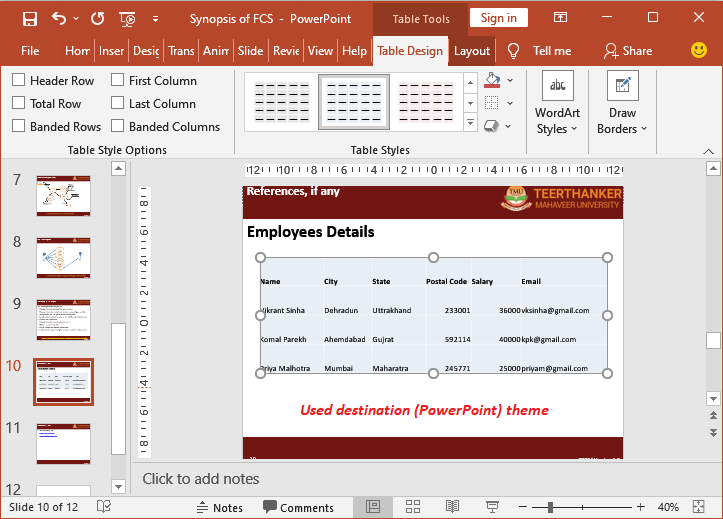Can Counselors Help with FMLA Paperwork?

FMLA, or the Family and Medical Leave Act, provides employees with the opportunity to take up to 12 weeks of unpaid leave for specific family and medical reasons. For many, navigating the process of securing this leave can be as daunting as dealing with the circumstances prompting the leave itself. A common question many employees grapple with is: Can counselors help with FMLA paperwork?
Understanding FMLA
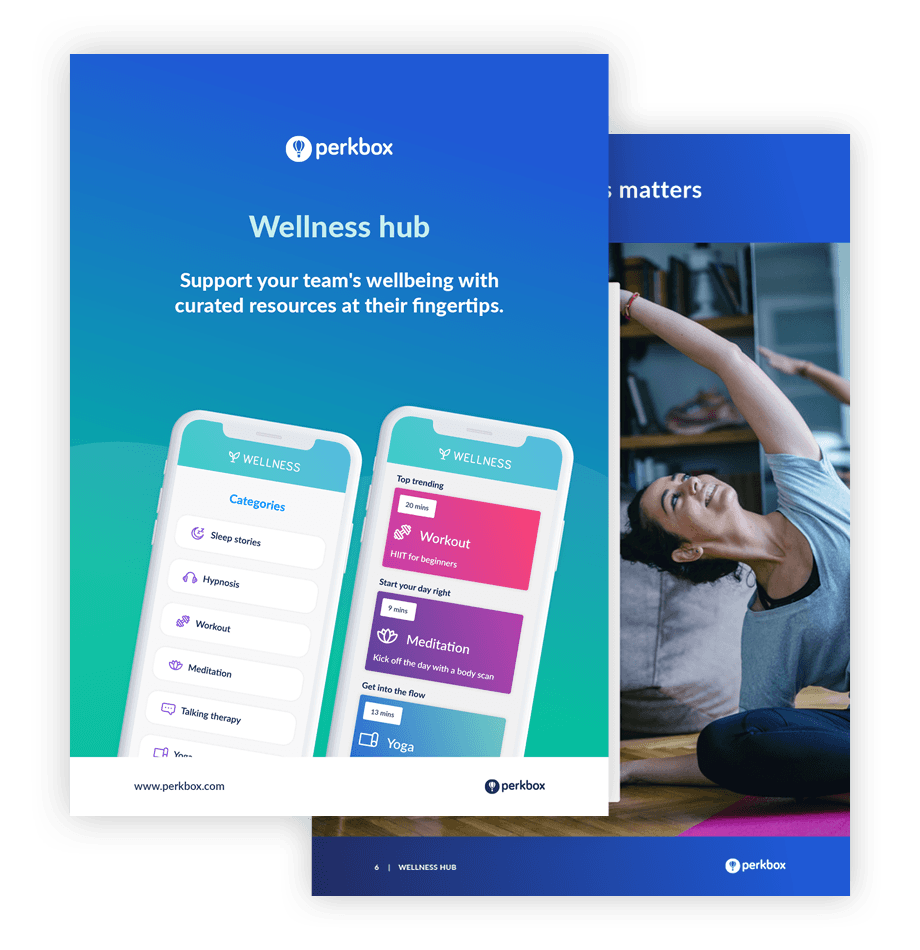
Before diving into the role of counselors, let's briefly review what FMLA entails:
- FMLA applies to employers with 50 or more employees.
- Eligible employees can take leave for childbirth, adoption, serious health conditions, or to care for a spouse, child, or parent with a serious health condition.
- The leave can be continuous or intermittent, and employees are entitled to return to their or an equivalent position upon their return.
The Role of a Counselor in FMLA
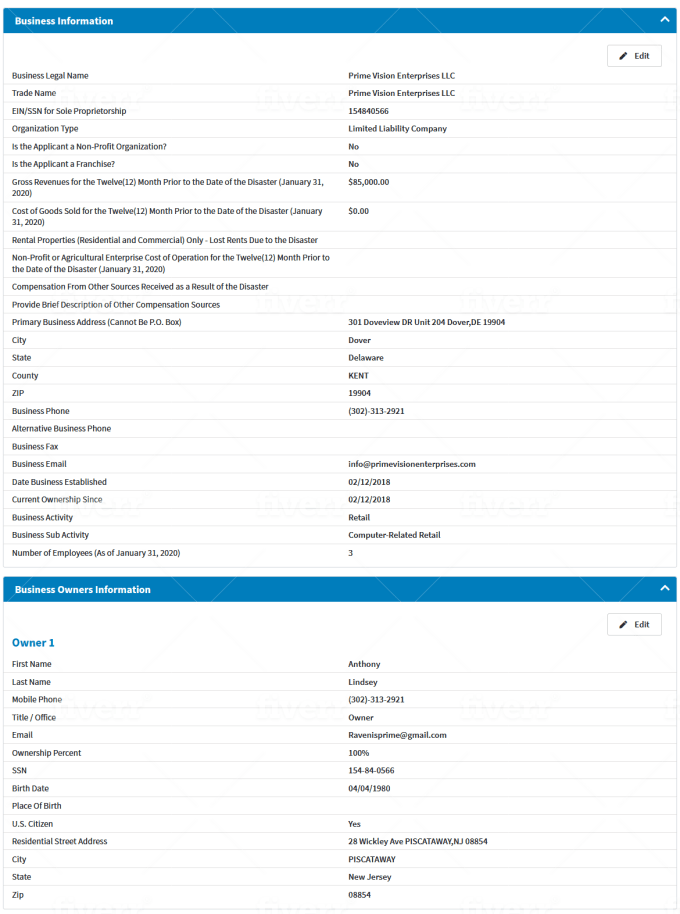
Counselors, especially those familiar with workplace regulations or medical conditions, can indeed play a significant role in assisting with FMLA paperwork:
- Providing Guidance: Counselors can explain what documentation is required, the nuances of intermittent leave, and how to communicate effectively with HR.
- Advocacy: If there's confusion or discrepancies with HR or the employer, counselors can act as advocates, ensuring the employee's rights are protected.
- Emotional Support: The process can be stressful, and a counselor can provide emotional support, helping individuals manage their feelings about their situation.
Steps a Counselor Can Take
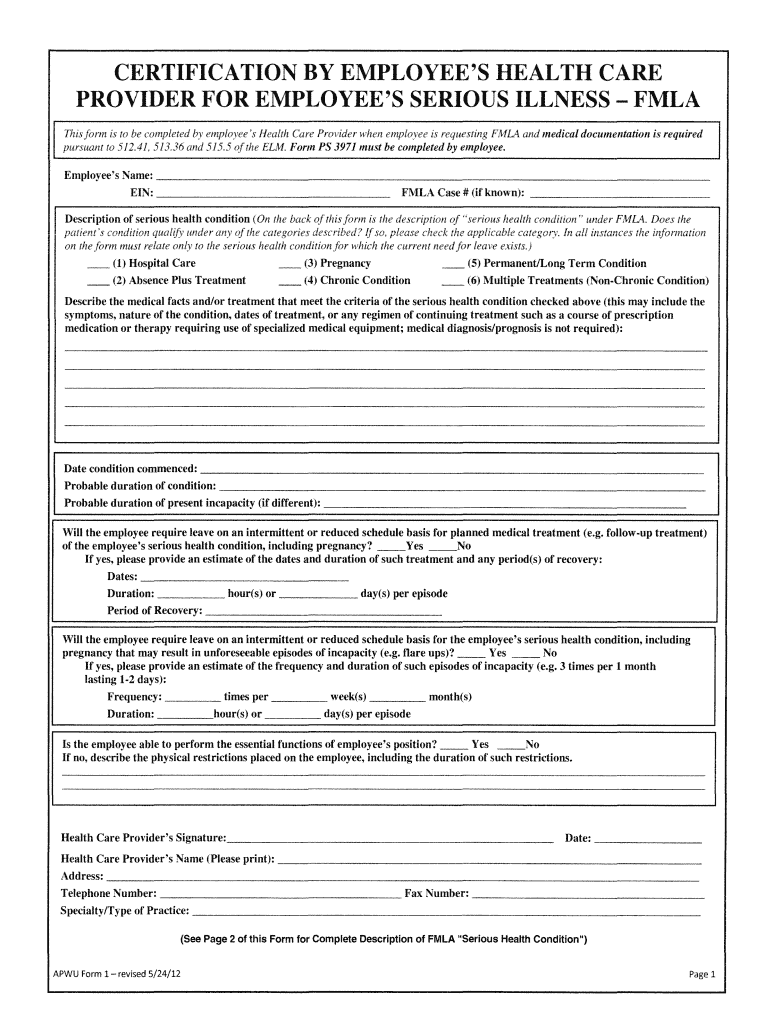
Here’s how a counselor can assist with FMLA paperwork:
- Verification of Condition: If the counselor is also the health care provider, they can provide the necessary medical certification stating the health condition and its impact on work.
- Filling out Forms: They can guide or directly help fill out parts of the FMLA forms that relate to the employee's condition, ensuring accuracy and compliance.
- Communication: Counselors can facilitate communication between the employee, health care providers, and HR, reducing misunderstandings.
- Follow-up: After the leave, counselors can assist in discussing any need for reasonable accommodations upon return to work.
📌 Note: It's important that counselors do not overstep their professional boundaries by providing legal advice or becoming too entangled in the administrative process. Their primary role should remain within their scope of practice.
When Counselors Can Help
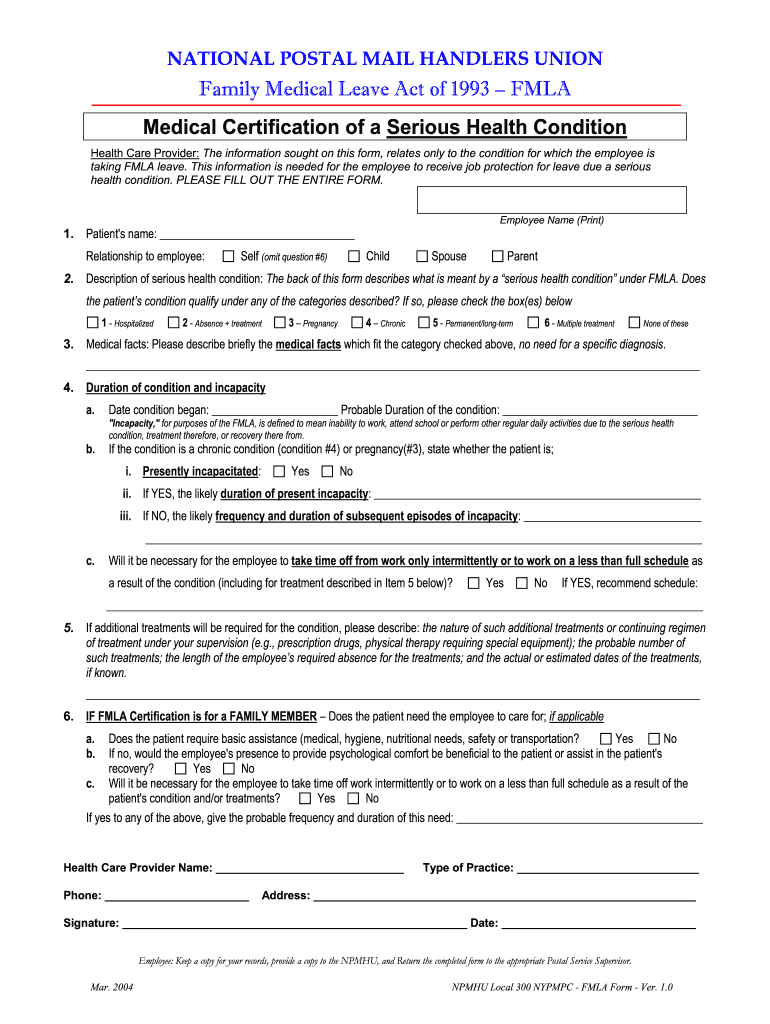
Counselors might be particularly useful in:
- Cases of Mental Health Issues: Counselors who specialize in mental health can better articulate conditions like depression or anxiety in the context of FMLA.
- Employee Assistance Programs (EAPs): Many workplaces offer EAPs where counselors are available to help with workplace issues, including FMLA.
Limitations of Counselor Assistance

While counselors can be a great resource, there are limitations to their involvement:
- They are not legal advisors, so for complex legal issues related to FMLA, specialized employment law attorneys might be more appropriate.
- Counselors cannot influence the decisions of HR or the medical professionals needed to certify the leave.
📌 Note: Remember that the final decision on FMLA approval lies with the employer, based on the documentation provided. Counselors can only assist in preparing for that process.
The Importance of Choosing the Right Counselor

When looking for a counselor to help with FMLA paperwork:
- Experience: Opt for someone with experience in workplace counseling or related fields.
- Knowledge of FMLA: Ensure they have an understanding of FMLA regulations and processes.
- Communication Skills: Effective communication with various stakeholders is key in this process.
Seeking assistance from a counselor when navigating FMLA leave can greatly simplify what might otherwise be a complicated and emotionally taxing process. Their support, both professional and personal, can make all the difference in ensuring that the employee's rights are upheld, and their health needs are adequately addressed.
Employees might wonder about the extent to which counselors can or should be involved in the FMLA process. Understanding the boundaries, while also leveraging their support, can create a more navigable path through the bureaucratic maze of FMLA paperwork.
What qualifies as a serious health condition under FMLA?

+
A serious health condition, as defined by FMLA, includes inpatient care (like hospitalization), continuing treatment by a health care provider, or any chronic condition that requires periodic visits for treatment and may involve incapacity from work or other daily activities.
Can counselors fill out medical certification forms for FMLA?
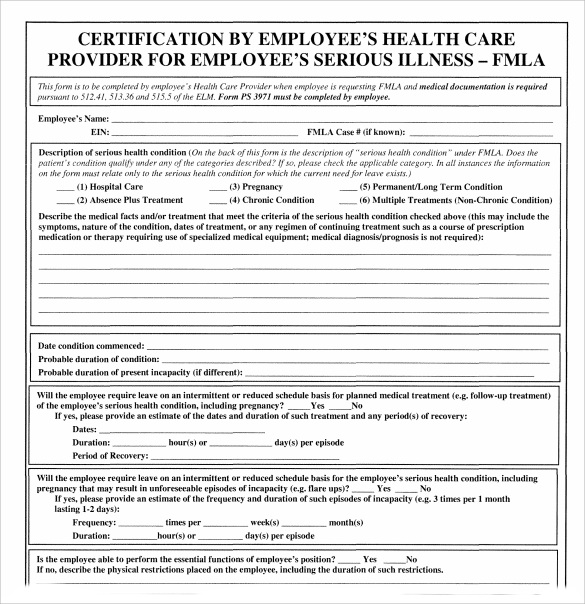
+
If the counselor is also the health care provider for the employee, they can provide the necessary medical certification. However, they must adhere to their scope of practice, focusing on mental health conditions if that is their area of expertise.
What if my employer denies my FMLA request?
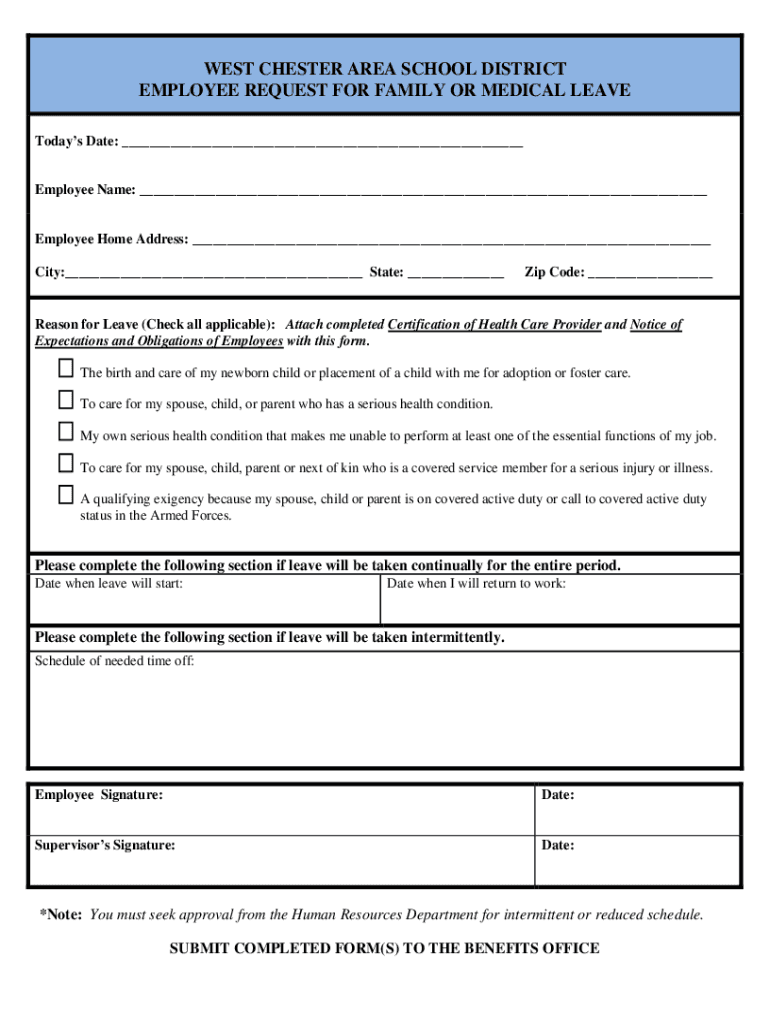
+
If your FMLA request is denied, you have the right to appeal. Review the reasons given for denial, gather more evidence or clarification from your health care provider, and possibly consult with an employment attorney to understand your rights and options.
What happens after my FMLA leave is over?

+
Upon returning, employees are entitled to be reinstated to their original job or an equivalent one with the same pay and benefits. In some cases, discussions about reasonable accommodations might be necessary to facilitate the return to work.
Can a counselor assist with job performance issues related to a health condition?

+
Counselors can provide strategies for managing job performance issues due to health conditions. They can also discuss with the employee and possibly HR to suggest reasonable workplace accommodations.

